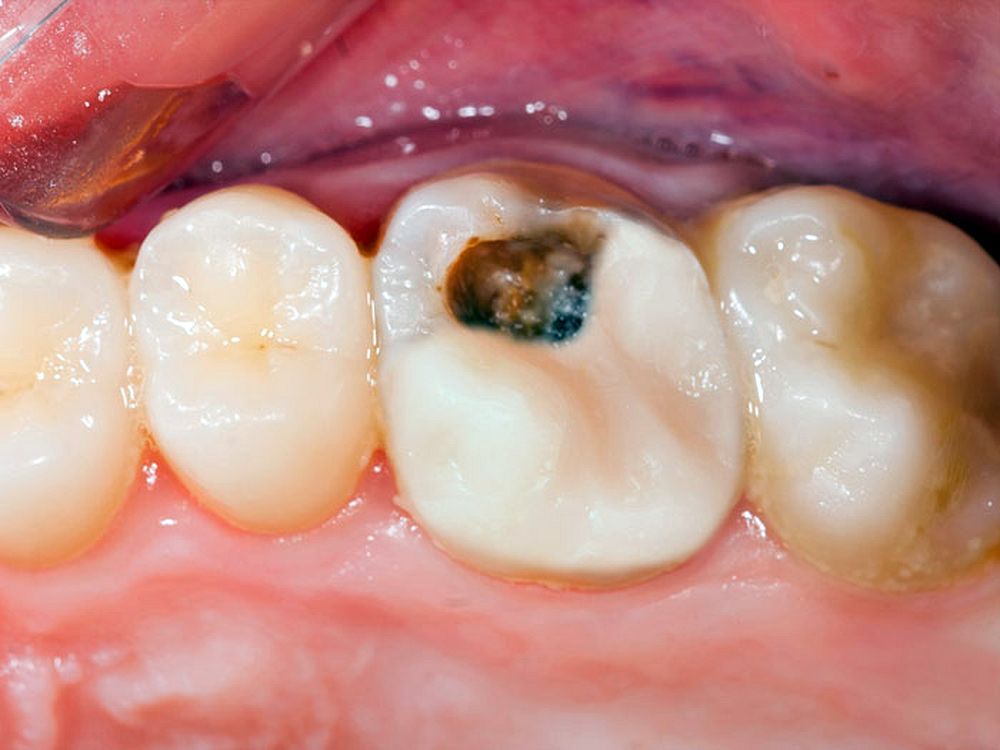Cavities are a common dental issue that many people face, but their effects go beyond just tooth decay. One question that often arises is whether cavities emit a distinct smell. Understanding the relationship between cavities and odor is essential for maintaining oral hygiene and recognizing potential dental problems. This article delves into the various aspects of cavities, how they can affect your breath, and what you can do to prevent them.
When you think about dental health, the focus is usually on prevention and treatment. However, the olfactory aspect is equally important. If you have ever wondered, "Does cavity smell?" you are not alone. Many individuals have experienced bad breath or unusual smells coming from their mouths due to dental issues. This article aims to clarify the connection between cavities and unpleasant odors, exploring the science behind it and providing actionable tips for oral care.
In this article, we will discuss what cavities are, how they form, and the various signs and symptoms associated with them. We will also explore the role of bacteria in cavities and whether they contribute to any noticeable smells. From home remedies to professional treatments, we’ll provide insights on how to manage your dental health effectively. So, let's embark on this journey to discover the truth about cavities and their potential odors!
What Are Cavities?
Cavities, also known as dental caries, are permanent damage to the hard surface of your teeth that develop into tiny openings or holes. They occur when the bacteria in your mouth produce acids that erode the enamel, leading to decay. If left untreated, cavities can cause severe pain and infection, potentially leading to tooth loss.
How Do Cavities Form?
The formation of cavities is a multi-step process involving several factors:
- Plaque Formation: Bacteria in the mouth feed on sugars from food, forming a sticky film called plaque.
- Acid Production: The bacteria produce acids that attack the tooth enamel.
- Enamel Erosion: Over time, the enamel wears away, leading to decay.
- Progression: If not treated, decay can reach deeper layers of the tooth, causing further damage.
Does Cavity Smell?
Now, let's address the burning question: does cavity smell? The answer is not straightforward, as it can vary from person to person and depend on several factors.
Can Cavities Cause Bad Breath?
Yes, cavities can indeed contribute to bad breath, commonly known as halitosis. The bacteria responsible for causing cavities can also lead to the formation of sulfur compounds, which can produce foul odors. Additionally, food particles trapped in decayed teeth can further exacerbate the situation.
What Are the Signs of Cavity-Related Odor?
Individuals with cavities may notice several signs indicating that their oral health is suffering, including:
- Unpleasant taste in the mouth
- Persistent bad breath
- Tooth sensitivity
- Visible holes or pits in the teeth
How Can You Prevent Cavities and Bad Breath?
Taking preventive measures to maintain oral health can significantly reduce the chances of developing cavities and associated smells. Here are some effective strategies:
- Regular Brushing: Brush your teeth at least twice daily using fluoride toothpaste.
- Flossing: Floss daily to remove food particles and plaque between teeth.
- Limit Sugar Intake: Reduce consumption of sugary foods and beverages that promote plaque formation.
- Visit the Dentist: Schedule regular dental check-ups for professional cleaning and early detection of cavities.
- Stay Hydrated: Drink plenty of water to help wash away food particles and bacteria.
What Should You Do If You Suspect a Cavity?
If you suspect that you have a cavity, it’s essential to take action promptly. Here are some steps you can follow:
- Schedule an appointment with your dentist for a thorough examination.
- Discuss any symptoms you are experiencing, such as pain or bad breath.
- Follow your dentist's recommendations for treatment, which may include fillings or other procedures.
Can Cavities Be Treated at Home?
While some home remedies may help alleviate symptoms associated with cavities, they are not a substitute for professional dental care. Here are a few home care tips:
- Use a fluoride mouthwash to strengthen enamel.
- Rinse with saltwater to reduce bacteria and inflammation.
- Try clove oil, which may have antibacterial properties.
Conclusion: Understanding the Link Between Cavities and Odor
In conclusion, yes, cavities can smell, primarily due to the bacteria that cause tooth decay and the food particles that can become trapped in decayed teeth. Maintaining good oral hygiene is essential for preventing cavities and the unpleasant odors that may accompany them. If you experience any signs of cavities, such as bad breath or tooth sensitivity, do not hesitate to consult your dentist for an evaluation.
Understanding the connection between cavities and odor can empower individuals to take charge of their dental health. By following preventive measures and seeking timely treatment, you can keep your smile healthy and fresh.
You Might Also Like
Exploring The Unconventional: The Fascination Behind "She Looks Like A Man"Aaron Judge: The Iconic Athlete And His Shirtless Moments
Rising Waves: The Ultimate Movie On Netflix About A Tsunami
Finding The Perfect Comfy Sofa For Your Home
Discovering The Benefits: What Does Lip Exfoliator Do?
Article Recommendations
- John David Washington Wife A Closer Look At His Personal Life
- Top Nfl Players Michael Robinson Football Stats Highlights
- Analyzing The Financial Success Of Adam Carolla Net Worth And Beyond


